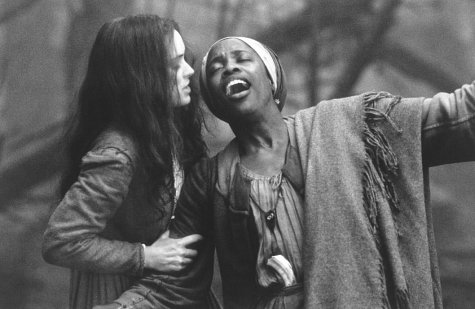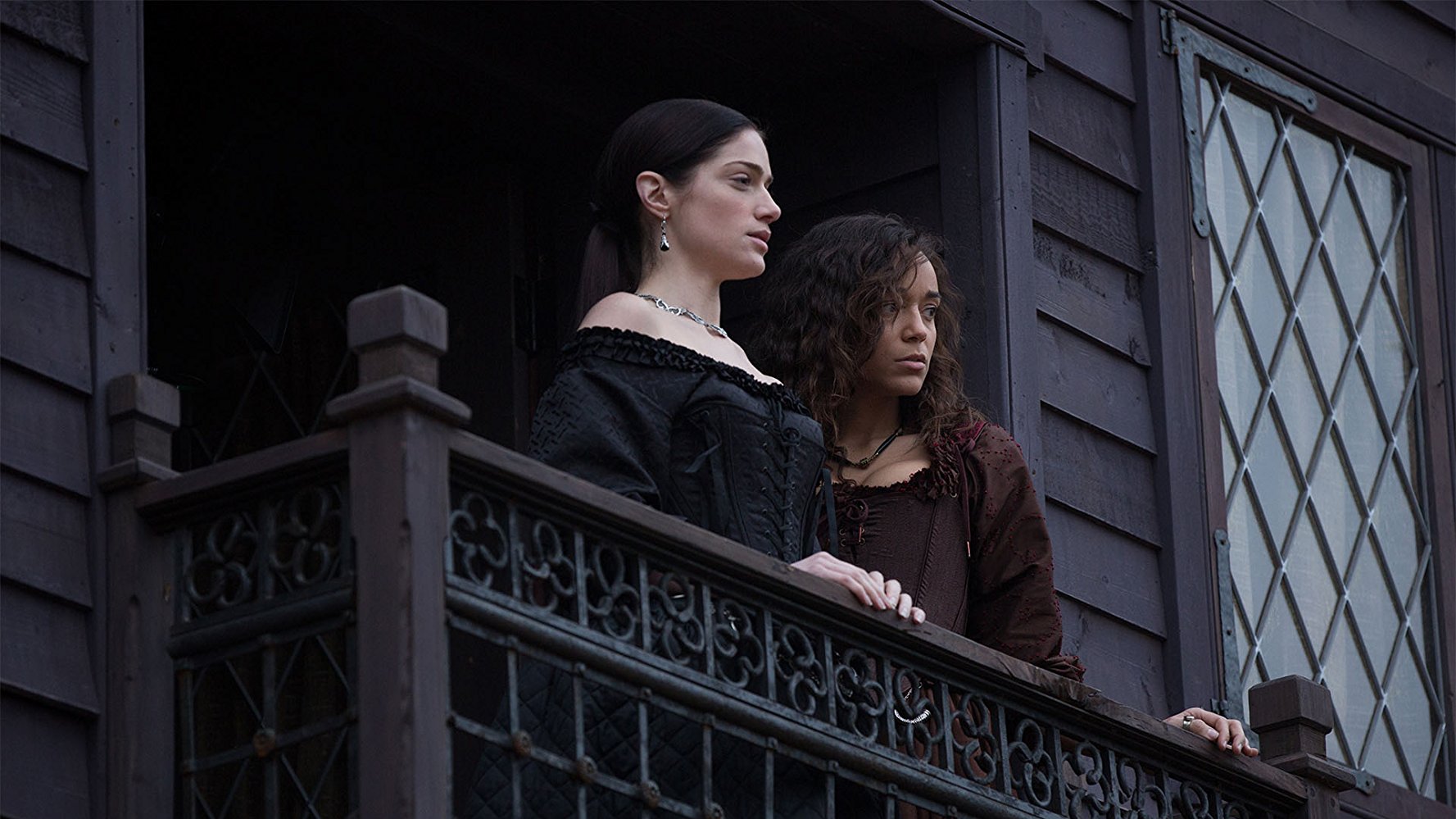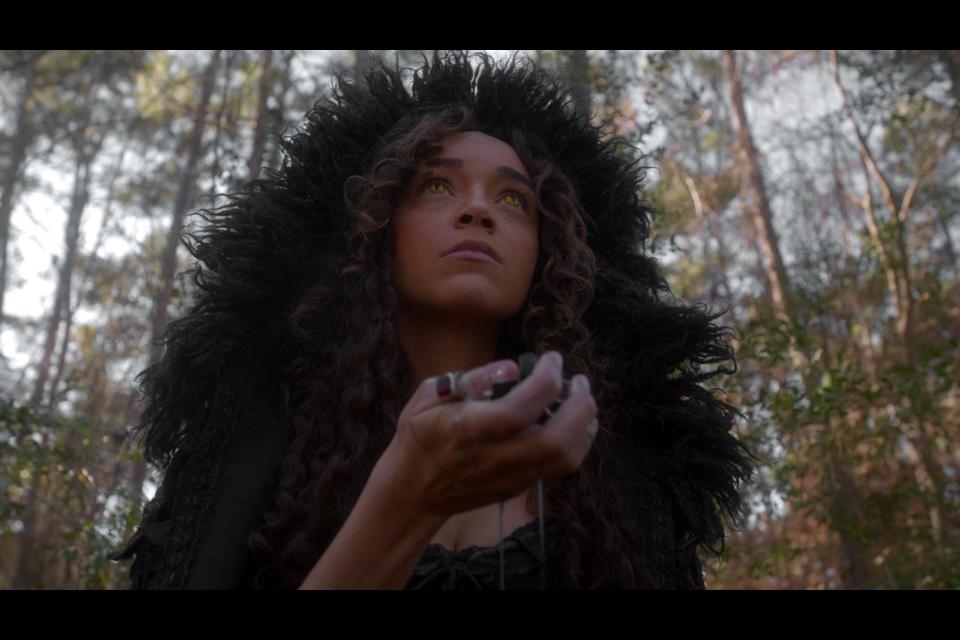Tituba was a 17th century slave woman who belonged to Samuel Parris and was one of the first to be accused of practicing witchcraft during the Salem witch trials. It is unclear as to her ancestry, some saying Africa, some of Native American heritage, but she was taught in the ways of Voodoo, which points to her being from one of the Caribbean count...
Show more »
Tituba was a 17th century slave woman who belonged to Samuel Parris and was one of the first to be accused of practicing witchcraft during the Salem witch trials. It is unclear as to her ancestry, some saying Africa, some of Native American heritage, but she was taught in the ways of Voodoo, which points to her being from one of the Caribbean countries. It is also unclear regarding her as a slave or a servant of some sort.Tituba was the first person to be accused by Betty Parris and Abigail Williams of witchcraft. She was also the first person to confess to witchcraft in Salem Village. She at first denied that she had anything to do with witchcraft. Samuel Parris beat her until she confessed herself a witch. Other women and men from surrounding villages were accused of witchcraft and arrested at the Salem witchcraft trials. Not only did Tituba accuse others in her confession, but she talked about black dogs, hogs, a yellow bird, red and black rats, cats, and a wolf. Tituba talked about riding sticks to different places.Despite the fact that she confessed to a capital offense and was a slave, Tituba was never tried or executed for her role in the witchcraft trials. She was sent to jail but later released; however, there is no record of where she went after this. This is one reason why there is question of her being a slave given that she was released and fled Salem along with her husband presumably to Barbados.Tituba is featured in both fiction and non fiction novels and plays; the novel I, Tituba: Black Witch of Salem (1986) by Maryse Cond
Show less «












